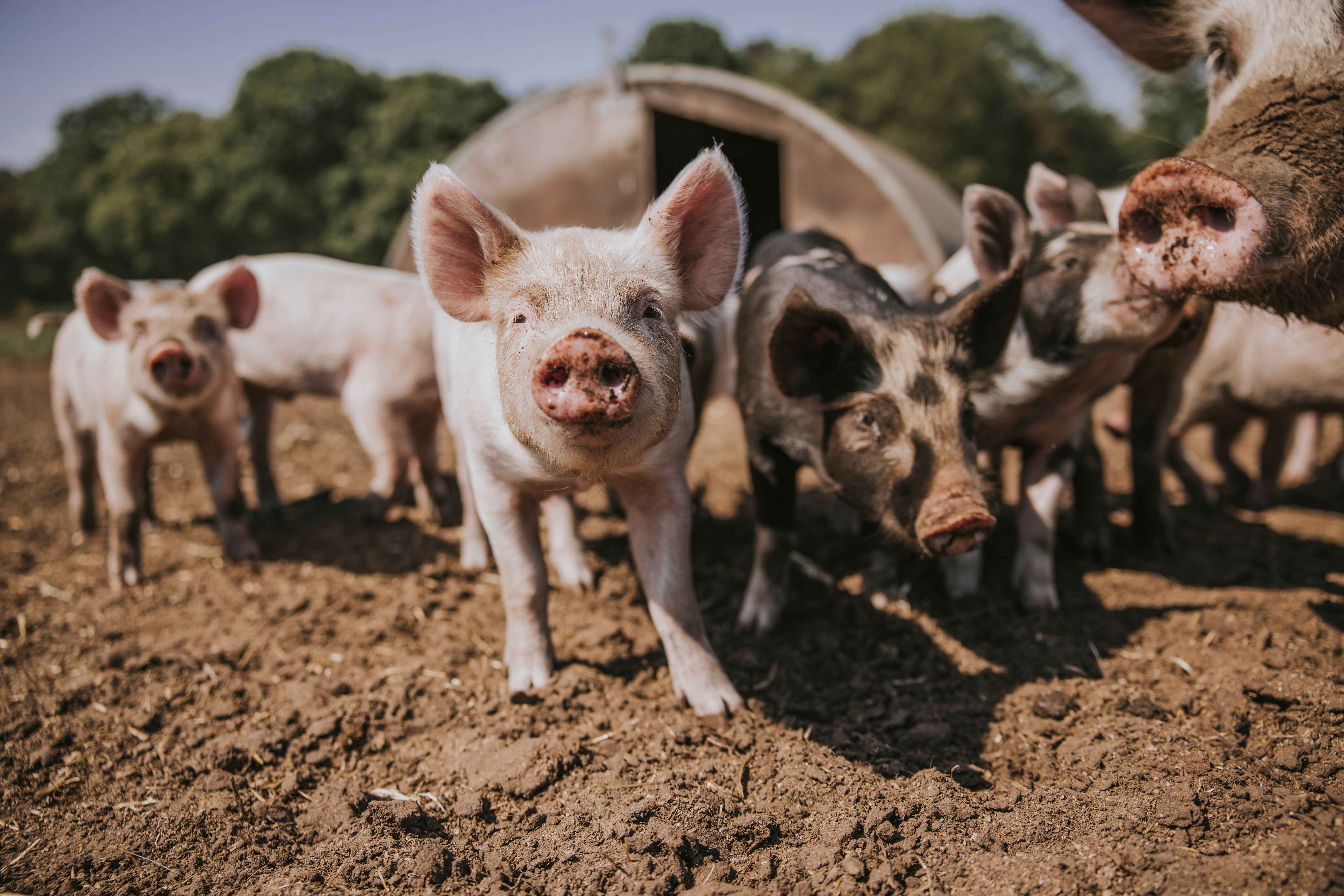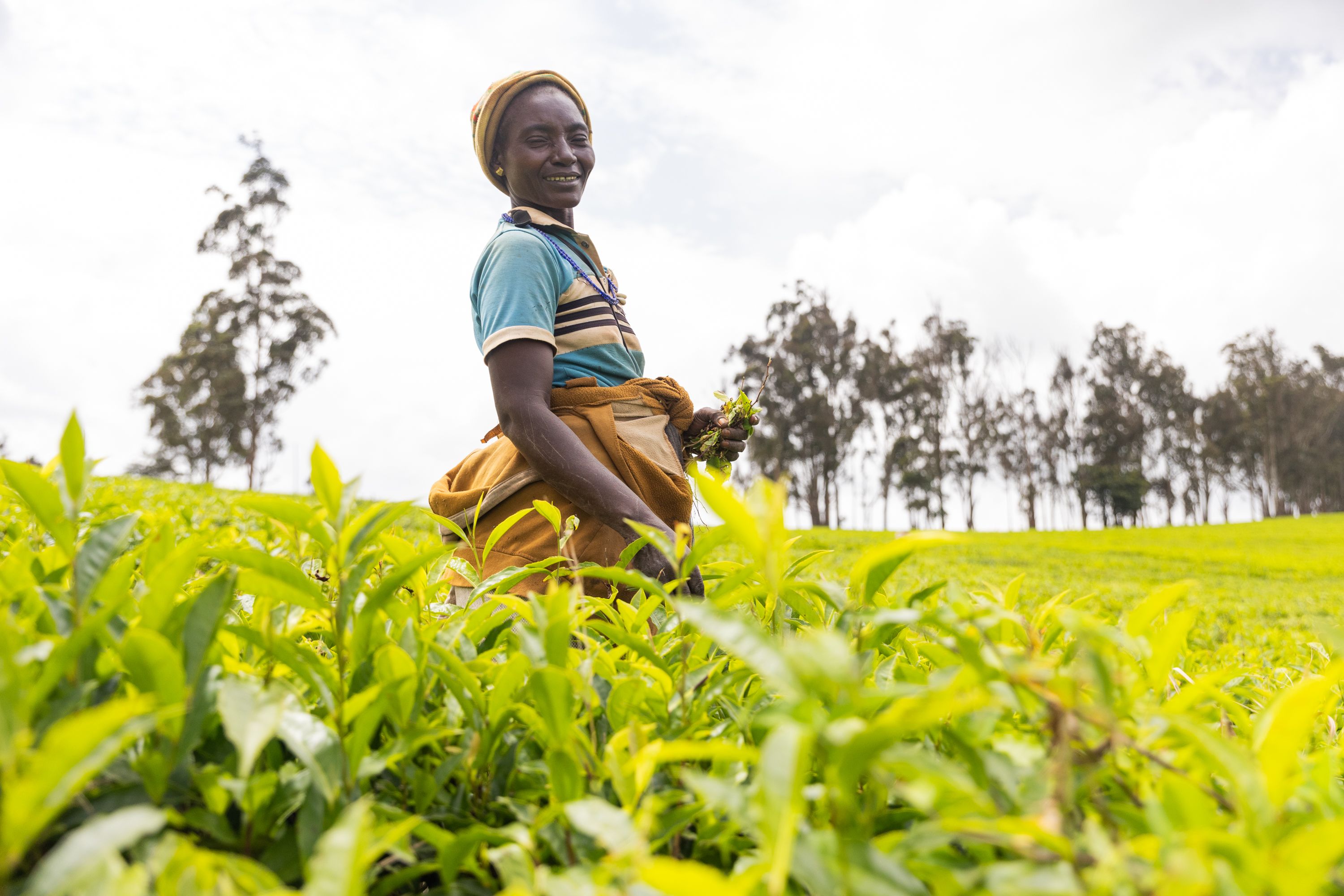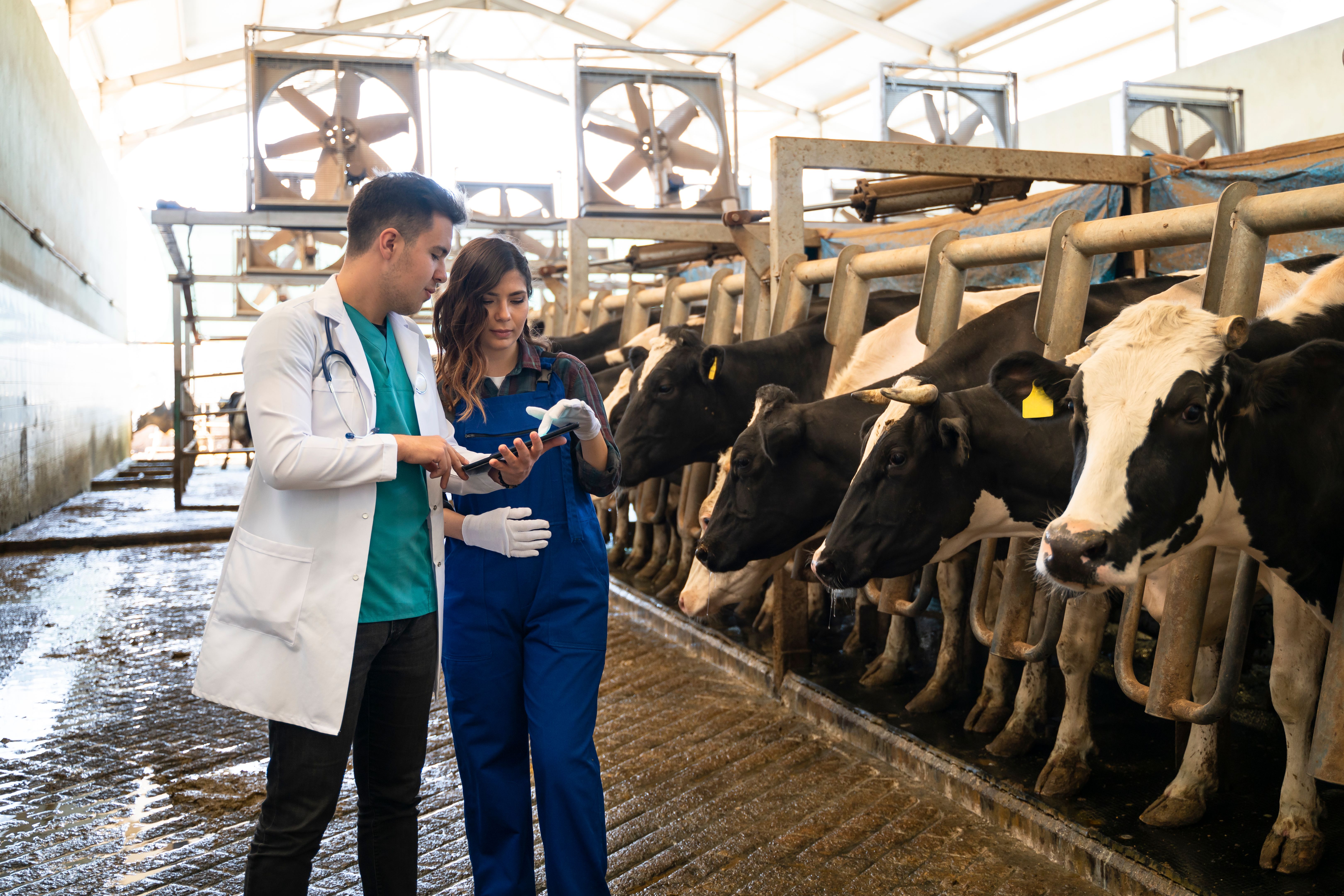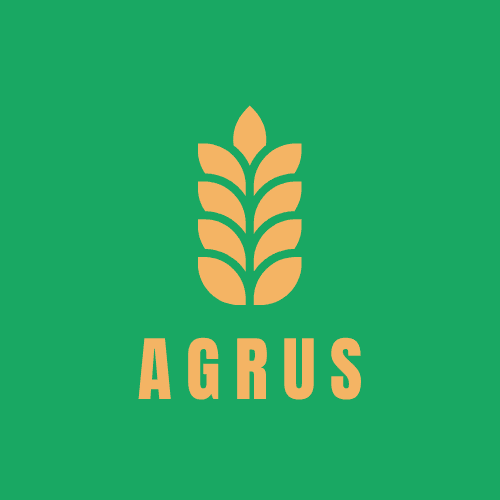Improving the Pig Sector in Nigeria and Africa
The Importance of the Pig Sector in Nigeria and Africa
The pig sector in Nigeria and Africa holds significant potential for economic growth and food security. As one of the fastest-growing livestock sectors, pigs provide an essential source of protein and contribute to the livelihood of millions. With the right strategies and investments, this sector can play a pivotal role in addressing food shortages and boosting economic development.

Challenges Facing the Pig Industry
Despite its potential, the pig industry in Nigeria and Africa faces several challenges. These include inadequate infrastructure, lack of access to quality feed, and disease outbreaks. Furthermore, limited access to veterinary services and markets can hinder growth and sustainability. Addressing these issues is crucial for unlocking the full potential of the pig sector.
A significant challenge is the prevalence of diseases such as African Swine Fever, which can devastate pig populations. Without proper biosecurity measures, these diseases can spread rapidly and undermine efforts to improve production. Additionally, farmers often face difficulties in acquiring high-quality feed, which impacts growth rates and productivity.

Strategies for Improving Pig Production
To improve the pig sector, it is essential to implement strategies focused on enhancing production efficiency and disease management. One approach is to promote better farming practices through training and education programs. By equipping farmers with knowledge on nutrition, breeding, and health management, productivity can be significantly increased.
Another key area is improving access to quality feed. Governments and private sectors can collaborate to ensure that farmers have affordable access to nutritious feed options. This can involve investing in local feed production and distribution networks. Additionally, implementing effective disease control measures is crucial to protect pig populations from outbreaks.

The Role of Technology and Innovation
Technology and innovation play a vital role in transforming the pig industry in Nigeria and Africa. Digital tools and platforms can facilitate better market access, connect farmers with suppliers, and provide real-time information about best practices in pig farming. Mobile apps can also help farmers monitor animal health and track productivity metrics efficiently.
Furthermore, adopting modern farming techniques such as improved breeding methods and advanced biosecurity systems can enhance productivity. By leveraging technology, farmers can optimize their operations and improve overall profitability.
Market Development and Policy Support
Developing robust markets is crucial for the growth of the pig sector. Governments should work towards creating favorable policies that support smallholder farmers and encourage investment in the sector. Establishing reliable market structures and supply chains will enable farmers to sell their products at competitive prices.
Policy support should also focus on providing financial incentives for farmers to expand their operations. This can include access to loans, grants, or subsidies for purchasing equipment and improving farm infrastructure. By creating an enabling environment, the pig sector can thrive and contribute significantly to national economies.

Conclusion: A Vision for the Future
Improving the pig sector in Nigeria and Africa requires a multifaceted approach that addresses current challenges while leveraging opportunities for growth. By focusing on education, technology, market development, and policy support, stakeholders can create a sustainable future for pig farming in the region. The potential for economic growth and food security makes investing in this sector a worthwhile endeavor for governments, private investors, and development partners alike.
